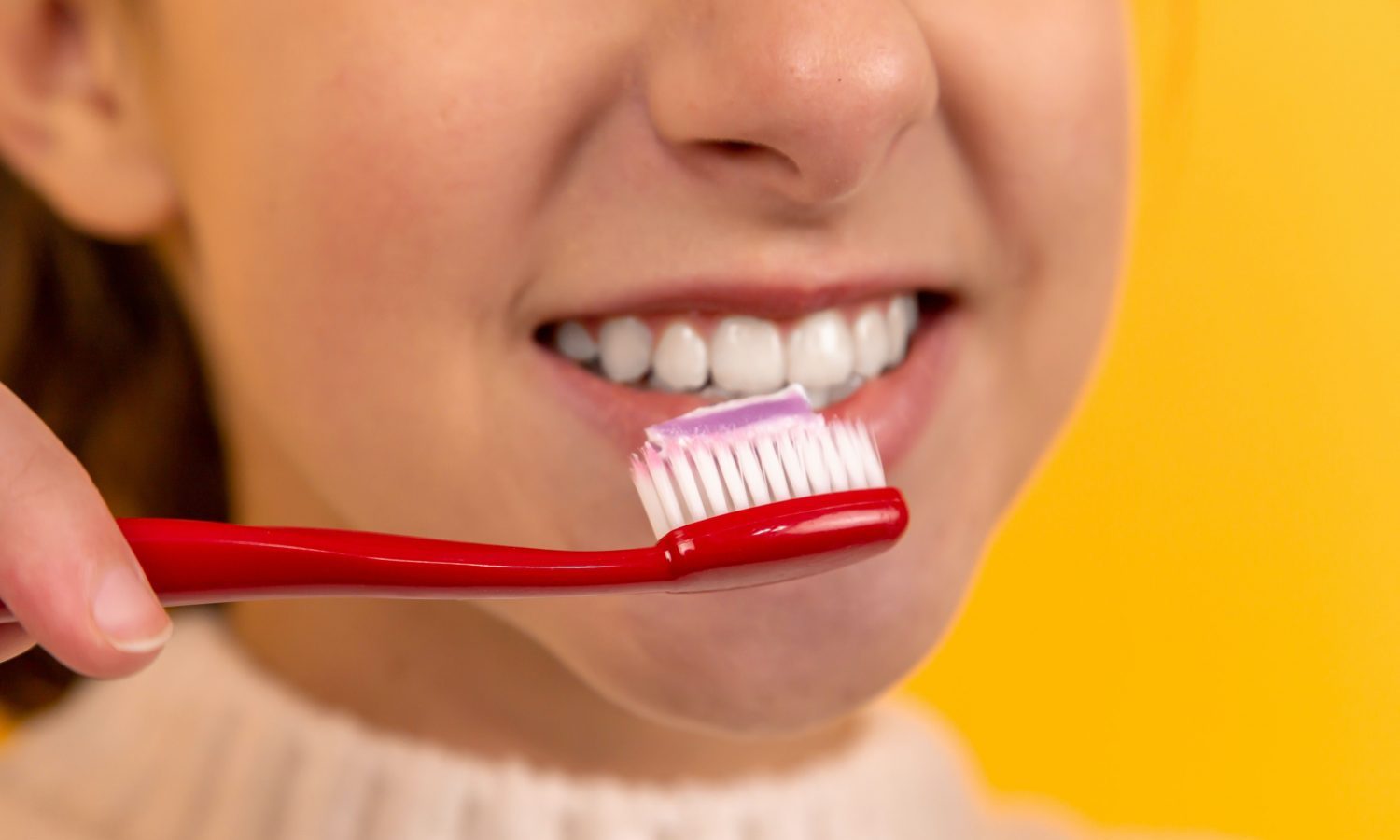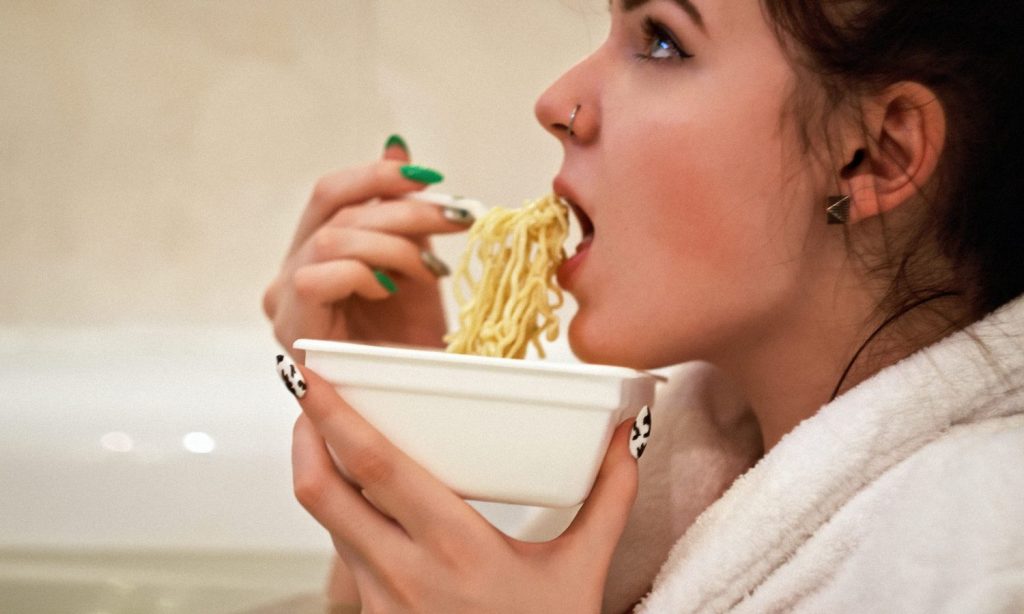
Brushing your teeth is one of those habits that’s viewed as unquestionably beneficial. For the most part, it’s safe to assume that you can never brush your teeth too much, or during inconvenient times of the day. But dentists say that brushing your teeth after you eat has some negative side effects that could be detrimental to your health.
While it makes perfect sense to brush your teeth after you eat, you should wait awhile before you do it. Here’s why: Digestion starts in the mouth, creating an acidic environment right after you’re done eating.
RELATED: Here’s How To Realistically Reduce Sugar From Your Diet

“When you eat foods containing sugar (or simple starches that break down into sugars inside your mouth), cavity-causing bacteria inside your mouth feed on the sugars and produce acid. When your teeth are exposed to a highly acidic environment, it temporarily weakens your enamel (the hard, outer surface of the tooth) by causing it to lose minerals,” pediatric dentist Dr. Jin Lin told Best Life. “Rubbing your enamel with a toothbrush when it is in this weakened state may further damage the enamel.”
Brushing your teeth might spread the acid in your mouth around, causing harm when paired with the rubbing motion of the brush.
RELATED: TikTok Is Filled With Mental Health Advice — Here’s Why You Should Be Wary
You should wait at least an hour after you eat to brush your teeth. This amount of time allows your digestion to move past the oral stage, eliminating that acidic environment that could have occurred when you consumed those foods. Once an hour has passed, your saliva will do its job and return your mouth’s pH back to a normal state, which is what you want when you brush your teeth.





